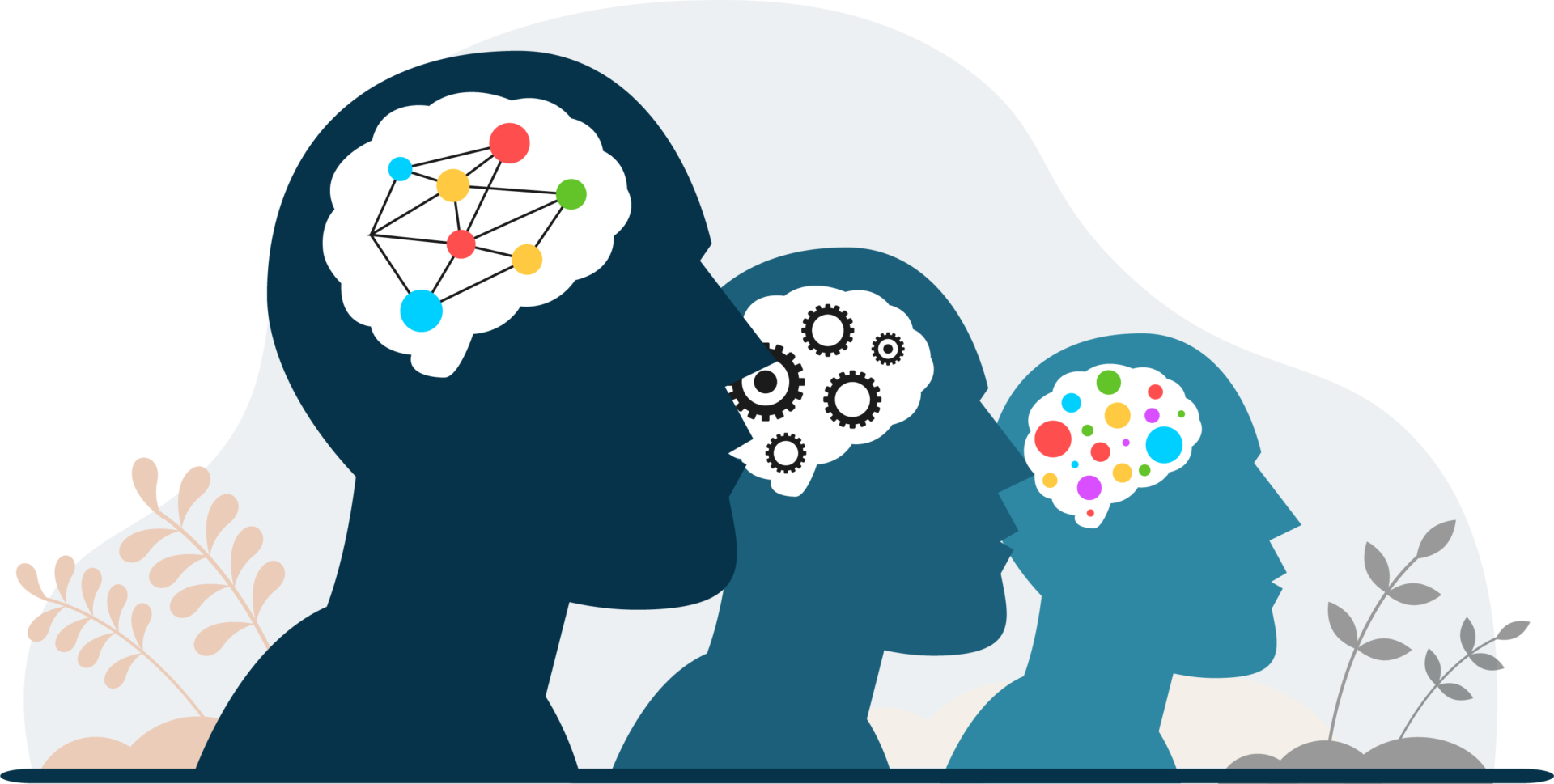What Does It Mean to Be Neurodivergent?
Before we talk about the ‘Neurodivergent test‘, we need to understand, it’s existance concept, the term “neurodivergent” is used to describe individuals whose brains develop or functionally work in distinct way from what is considered typical. Unlike medical terms that diagnose specific conditions, neurodivergent is a non-medical, inclusive term that based on a wide range of developmental and learning disorders. These include, but are not limited to, autism spectrum disorder (ASD), attention-deficit/hyperactivity disorder (ADHD), dyslexia, and Tourette’s syndrome.
Neurodivergence define the neurological differences that influence how an specfic guy processes information, interacts with others, and perceives the world around them. For example, someone with the ‘autism; may have heightened sensory perceptions and unique ways of communication with society, while an individual with ADHD might exhibit impulsivity and hyperactivity but also hold an exceptional creativity and problem-solving skills. Dyslexia, a popular and common learning disorder, affects reading and writing abilities but often enable the individual with strong verbal and spatial reasoning skills. Tourette’s syndrome is characterized by involuntary tics, yet many individuals with this condition display remarkable focus and determination in their areas of interest.
Understanding and acknowledging neurodivergent conditions is crucial for several reasons. Firstly, it helps in recognizing the unique strengths and challenges that come with these differences. Instead of pathologizing these circumstances, the neurodiversity in the sight of world, encourage society to see them as regular variation of the human mind. This viewpoint cultivates an environment of acknowledgment and inclusivity, where neurodivergent people can flourish. Educational institutions and workplaces are increasingly adopting this approach, striving to create supportive and accommodating settings that cater to diverse neurological needs.
Why Take a Neurodivergent Test?
There are multiple compelling reasons for considering a neurodivergent test. One of the primary benefits is the possibility of early diagnosis, which can open doors to timely and appropriate support and resources. Early identification of neurodivergent traits can lead to tailored educational plans, specialized therapies, and interventions that significantly enhance an individual’s quality of life. By understanding specific needs early on, caregivers, educators, and employers can create supportive environments that foster growth and development.
Another significant advantage of taking a neurodivergent test is the enhancement of self-awareness. Understanding one’s cognitive and behavioral patterns can lead to better self-understanding and acceptance. This newfound insight can reduce feelings of confusion or frustration that often accompany undiagnosed neurodivergent traits.
Types of Neurodivergent Tests Available
Diagnosing neurodivergent conditions involves a variety of tests, each design to uncover specific cognitive and behavioral patterns. Standardized psychological test, online screening tools, and professional evaluations are among the most commonly utilized methods. Understanding the nuances of these tests can help individuals and those people who caretaker of them, can make informed decisions about their diagnostic journeys.
In contrast, online screening tools provide a more accessible and immediate means of assessing neurodivergent traits. Websites and applications offer quizzes and checklists that individuals can complete in the comfort of their homes. While these tools are convenient and user-friendly, they should be approached with caution. Online screenings can provide valuable preliminary insights and help identify potential areas of concern, but they lack the depth and rigor of standardized assessments. Consequently, their results should not be viewed as definitive diagnoses, but rather as a starting point for further exploration.
Don’t forget to read: A Short-Talk on Self Love Quotes
Professional evaluations combine the precision of standardized tests with the contextual understanding of clinical interviews and observations. Conducted by trained psychologists, psychiatrists, or neuropsychologists, these evaluations offer a holistic view of an individual’s neurodivergent profile. Professionals consider a wide range of factors, including developmental history, family dynamics, and comorbid conditions, ensuring a comprehensive and accurate diagnosis. While professional evaluations are the gold standard, they require significant time and financial investment.
Choosing the appropriate type of neurodivergent test depends on individual circumstances. Those looking for an intensive and solid solution to ought to focus on professional test and normalized evaluations. Web based screening tool can be valuable for starting self-reflection however shouldn’t supplant professional diagonosis. Eventually, acquiring a precise finding is pivotal for getting to proper support and mediations, highlighting the importance of consulting qualified professionals in the diagnostic process.
Conclusion
In conclusion, interpreting neurodivergent test results and taking subsequent steps involves a multifaceted approach. By seeking professional help, accessing resources, implementing effective strategies, and communicating openly, you can navigate your neurodivergent journey with confidence and resilience.
Read More interesting Topics With : YOURS
- Roblox Unblocked 66: Unlocking Endless Gaming Possibilities
- CoolMathGames Unblocked: Your Ultimate Destination for Fun and Learning
- Derrick Henry Cowboys: A Name that resonate in NFL
- The Alexee Trevizo Case: Latest Updates, Verdict Insights, and Ongoing Legal Battles in 2024
- Tyson vs Paul: A Clash of Generations in the Boxing Ring





